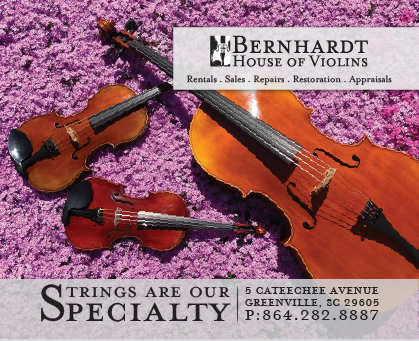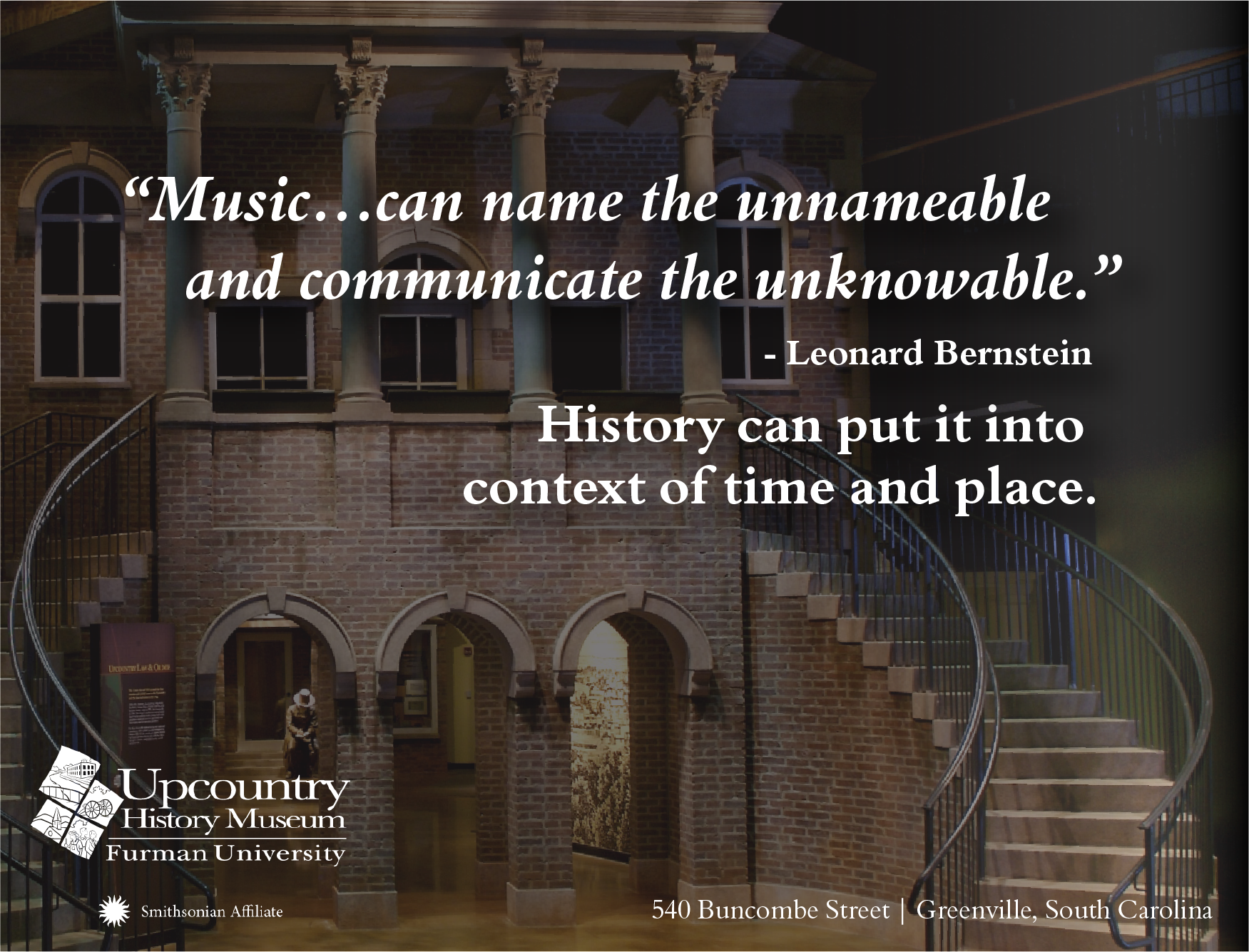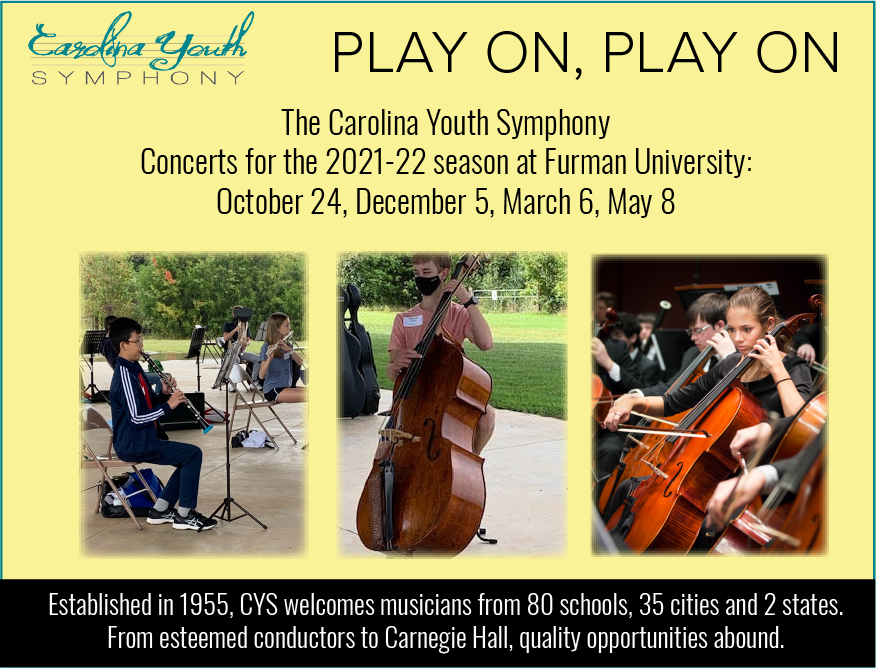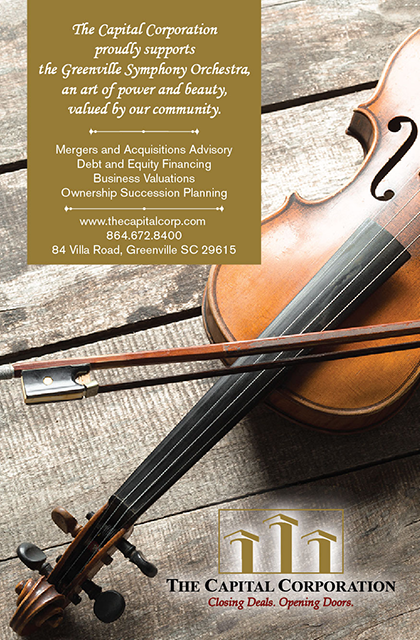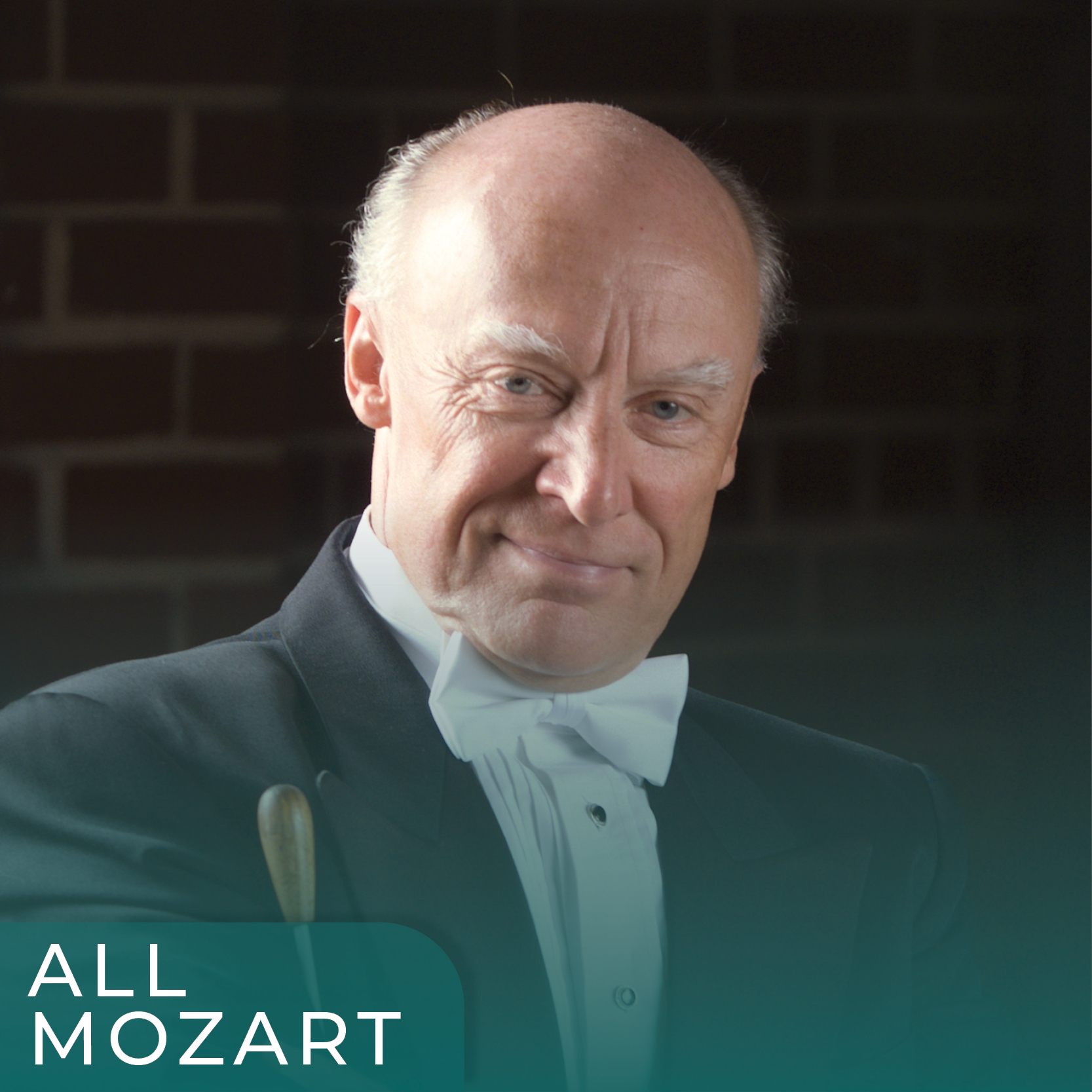
ALL MOZART
Friday, October 29, 2021 at 8:00 p.m.
Saturday, October 30, 2021 at 8:00 p.m.
Sunday, October 31, 2021 at 3:00 p.m.
Gunter Theatre
Edvard Tchivzhel, music director & conductor
MOZART (1756-1791)
Serenade No. 12, K. 388
Divertimento, K. 166
Serenade No. 10 (Gran Partita), K. 361
![]()
Funded in part by a grant from the Metropolitan Arts Council, which receives funding from the City of Greenville, SEW Eurodrive, BMW Manufacturing Company, LLC, Michelin North America, Inc., and the South Carolina Arts Commission with support from the National Endowment for the Arts.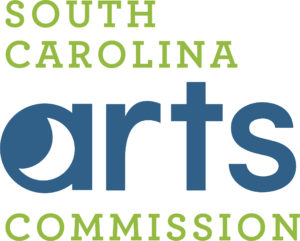
This organization is funded in part by the
South Carolina Arts Commissionwhich receives support
from the National Endowment for the Arts.
ALL MOZART
Program notes by Paul Hyde
Serenade No. 12, K. 388
Wolfgang Amadeus Mozart (1756-1791)
Mozart called his Serenade No. 12 "Nachtmusik" ("Night Music"), although the busy allegro that opens the piece seems to belie that title. This serenade for eight wind instruments is uniquely written in C-minor, setting the stage for a fair measure of tension and conflict.
The sweetly introspective slow movement, however, comes closer to the idea of a nocturne.
The third movement minuet is a canon, a musical structure that introduces a melody with one or more imitations following shortly afterword: think "Row, Row, Row Your Boat." In this minuet, the principal melody is introduced by the oboes and answered by the bassoons one bar later.
The finale is an up-tempo set of variations. The final measures, which migrate to the bright key of C major, conclude the piece with jollity.
The serenade is scored for 2 oboes, 2 clarinets, 2 horns and 2 bassoons. A typical performance lasts just over 20 minutes.
Divertimento, K. 266
Wolfgang Amadeus Mozart (1756-1791)
The Divertimento is a wonderfully sunny work. If a serenade often was intended for the night, Mozart's divertimentos were daytime pieces. The opening allegro is a brisk affair with the higher woodwinds weaving melodies supported by the joyful walking motif (sometimes sprinting motif) of the bassoon.
The graceful second movement minuet is all charm. The third movement, marked Adante grazioso, is streamlined, often featuring only the first oboe and first English horn an octave lower, both supported by bassoon.
A short, dignified Adagio introduces the finale, energetic and exuberant, rushing to a happy conclusion.
The work is scored for pairs of oboes, English horns, clarinets, horns and bassoons. A typical performance lasts about 11-12 mintues.
Serenade No. 10, K. 361 ("Gran Partita")
Wolfgang Amadeus Mozart (1756-1791)
It was this piece (specifically, the third movement) that prompted Salieri in the 1984 film Amadeus to exclaim, "This was music I'd never heard. Filled with such longing, such unfulfillable longing. It seemed to me that I was hearing the voice of God."
Mozart took special care with this score, one of his greatest. It is very likely that he hoped the piece would help him win an appointment to the Bavarian court, which he unfortunately did not achieve. But Mozart did use this piece as his own wedding music in 1782.
The serenade, in seven movements and symphonic in scope, is scored for 12 wind instruments plus double bass. A typical performance lasts 45-50 minutes. It is unknown who gave the piece the title "Gran Partita," a misspelling.
The serenade opens with a slow introduction, a series of repeated chords balanced with delicate phrases for clarinet. The fast main section of the first movement is mostly playful but with a brief excursion into melancholy. The following second movement, a minuet, is courtly and graceful. This beguiling minuet features considerable imitative interplay among the instruments.
WIth the third-movement Adagio, we've reached the heart of the serenade. Over a pulsing accompaniment, the solo oboe and clarinet engage in tender dialogue. The oboe leads with a softly expanding tone followed by the clarinet in graceful response. Music commentator Edward Downes wrote of this movement, "The dialogue gives an impression of a felicity so sharp that it is sometimes close to pain, perhaps to tears." For Alfred Einstein, the music suggested "a scene from Romeo under starry skies, a scene in which longing, grief and love are wrung like a distillation from the beating hearts of the lovers."
A brief witty second minuet is followed by the slow, gentle fifth movement, called "Romance." A contrasting section is a spirited affair with scurrying figures on the bassoon.
The sixth movement is in the form of theme and variations. The clarinet presents the jaunty theme; it is followed by six variations, some making virtuosic demands on soloists. The brisk, rambunctious finale brings the piece to an exuberant close.
Paul Hyde, a longtime arts journalist in the Upstate, is an English instructor at Tri-County Technical College and Lander University.
BASS
Tim Easter, Principal Bass
Anonymous Endowed Chair
BASSET HORN
John Warren, Basset Horn 1
John Sadak, Basset Horn 2
BASSOON
Allen Jiang, Principal Bassoon
Anonymous Endowed Chair
Reed Hanna, Second Bassoon
CLARINET
Anthony Marotta, Principal Clarinet
Harriet and Jerry Dempsey Endowed Chair
Ki-Deok Park, Second Clarinet
ENGLISH HORN
Daniel Ellis, English Horn 1
Petrea Warneck, English Horn 2
HORN
Anneka Zuehlke-King, Principal Horn
Charles W. Wofford and Nancy B. Thomas Endowed Chair
Elizabeth Regas, Horn 2
Bill L. Tyler, Horn 3
Debra Sherrill-Ward, Horn 4
OBOE
Virginia Zeblinsky Metzger, Principal Oboe
Guild of Greenville Symphony Endowed Chair
Kelly Mozeik, Second Oboe
OPERATIONS & PERSONNEL
Angie Jones
PRODUCTION MANAGER
Laura Auvil
PRINCIPAL LIBRARIAN
John Wickey
NOVEMBER
MOZART & MORE
Saturday, November 13 at 8:00 p.m.
Sunday, November 14 at 3:00 p.m.
Peace Concert Hall
Edvard Tchizvhel, music director & conductor
Jonathan Swensen, cello
MOZART Overture to Don Giovanni
DVORAK Cello Concerto
MOZART Symphony No. 35 ("Haffner")
Tickets start at just $19.
DECEMBER
HOLIDAY AT PEACE
Friday, December 17 at 7:30 p.m.
Saturday, December 18 at 7:30 p.m.
Sunday, December 19 at 3:00 p.m.
Peace Concert Hall
Edvard Tchizvhel, music director & conductor
WSPA TV's Jamarcus Gaston hosts a program filled with your holiday favorites including music from "The Nutcracker" and "Frozen." Special guests include International Ballet, acclaimed soprano and South Carolina native Karen Parks, and Santa himself!
Children's tickets start at just $11.
The Greenville Symphony Orchestra thanks Community Journals and Salem Media Group (94.5 FM "The Answer," 103.3 FM & 95.9 FM "The Earth" and 96.9 FM "Rejoice") for providing promotional support.
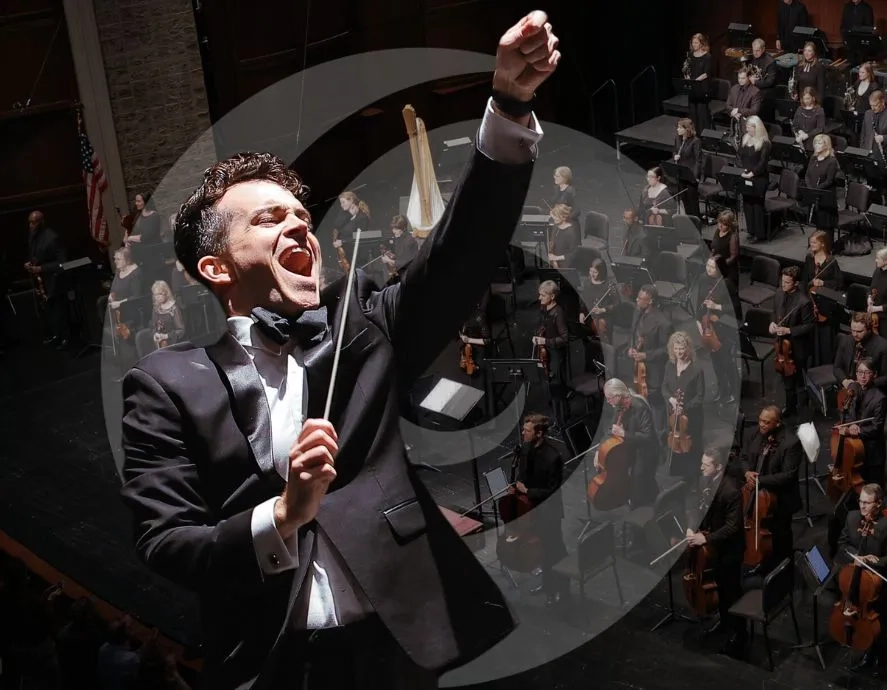
Concert Hall Series
Saturday performances at 7:30 pm
Sunday at 3:00 pm
Opening Night: Beethoven’s Ninth
October 5 & 6
Grieg’s Piano Concerto
November 23 & 24
Tchivzhel Conducts Tchaik 4
January 25 & 26
Duke Ellington’s The River
March 1 & 2
Jacqueline Tso plays
Bruch’s Scottish Fantasy
April 5 & 6
Beethoven and Brazil
May 10 & 11
Gunter Theatre Series
Performance start times vary
Peter and the Wolf
November 9 & 10
The Marriage of Figaro
February 15 & 16
Movers, Shakers, and Noise-Makers
March 22 & 23
Bach-Inspired with Violist Kathryn Dey
May 24 & 25
Special Events
Holiday at Peace
Peace Concert Hall
December 6 at 7:00 pm
December 7 at 1:00 & 7:00 pm
December 8 at 2:00 pm
Harry Potter and the Prisoner of Azkaban™ in concert
Peace Concert Hall
January 11 at 1:00 pm and 7:00 pm
January 12 at 2:00 pm
Star Wars: The Empire Strikes Back in Concert
May 4 at 7:00 pm
Bon Secours Wellness Arena
Music at Hotel Hartness
A luxe chamber music experience in a beautiful space.
Performances at 7:00 pm
Dracula! with Special Guest Dacre Stoker
October 23
Musical Landscapes
April 23
Music in the Gray Loft
Enjoy lunch or wine with a friendly, casual chamber music experience.
Performances at 12:00 and 5:30 pm
Dracula! with Special Guest Dacre Stoker
October 24
Musical Landscapes
April 24
Details and tickets available at greenvillesymphony.org
